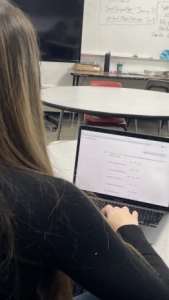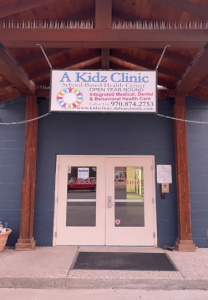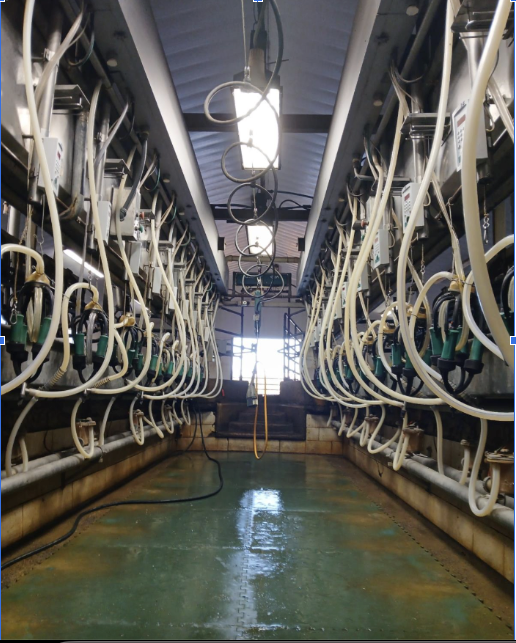In 2025, the world faces enormous challenges. Climate change, new technologies, and social inequalities often seem like a long way off. But these challenges, which seem abstract, have a direct impact on our daily lives.
The good news is that we have a role to play and our actions, no matter how small, can make a huge difference.
- Climate Change
We often hear about global warming on TV, but is it a problem that affects us already? Yes. It’s not just a problem of glaciers melting on the other side of the world, but a problem that impacts our daily lives. The effects are visible everywhere: more frequent heat waves with fires, more violent storms, disturbed agricultural seasons…
Of course, this is a global problem, but it’s crucial to understand that local consequences can be just as severe.
The Solutions:
Energy transition: Investing in renewable energies such as wind, or solar is crucial to reduce greenhouse gas emissions. Indeed this is what Western Slope Electric Co-up has set up by building a solar farm between Delta and Montrose that can reliably support 7,000 homes.
Reducing consumption: As individuals, we can reduce our carbon footprint by adopting more sustainable behaviors: consuming less meat, recycling, and buying locally.
What does a DHS science teacher think?
“When I was in school we were rumored to be entering into a new mini-ice age and then 3 years later we were talking about global warming. I honestly don’t remember the summers being any hotter nor the winters being any colder than when I grew up. There is no doubt that the climate is changing, it has since the beginning of time and many of these changes have been documented throughout history. I think there are things that we can address to slow down some of these changes, but we will never stop it because much of the change is a natural phenomenon. If we want to reduce the CO2 issues, it would make sense that the best way to make this happen is to plant more trees to utilize the CO2. Reducing emissions might help to some degree, but the hypocrisy of those who are ‘climate conscious’ flying to climate summits in their multiple private jets is not helpful in portraying there being an actual climate issue,” said environmental sciences teacher Steven Reiher.
- Artificial Intelligence
From autonomous cars to medical diagnostics robots, artificial intelligence (AI) is transforming our lives. You’ve probably seen it in your daily life: Siri, Alexa, or even apps that recommend videos and playlists. But this revolution also raises key questions: How will AI technologies affect our jobs? What is the impact of AI on our privacy?
The Solutions :
Ethical regulation: Laws must be put in place to govern the use of AI, ensuring transparency, privacy, and inclusiveness of technologies.
New jobs: Yes, if some jobs disappear with automation, other sectors emerge, such as the development of AI, cybersecurity, or data management. Adapted training can meet these new needs.

3. Social Inequalities
Social inequalities are growing, between rich and poor countries or within societies. Economic inequality, access to education and health care, and racial and social discrimination are issues that affect billions of people. Recent crises, such as the COVID-19 pandemic, have exacerbated these gaps but also highlighted the need to act for a more equitable future.
The Solutions :
Universal and inclusive education: Ensuring equitable access to education is a powerful way to tackle inequality. Governments must invest in education systems that provide equal opportunities for all.
Health system: Access to quality care should not be dependent on economic conditions. Public health reforms and access to quality primary care can help reduce gaps.

The global challenges of 2025 are immense, but not insurmountable. That’s why every little thing counts and each of us can play a role in building a better future.
The question is not whether we can change things, but when will we start?




